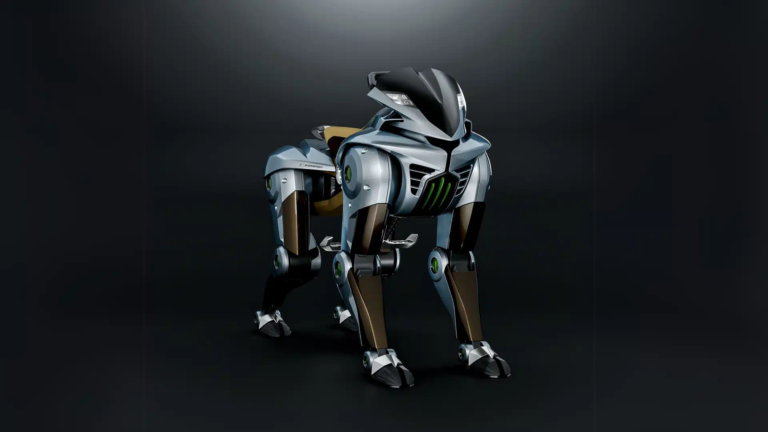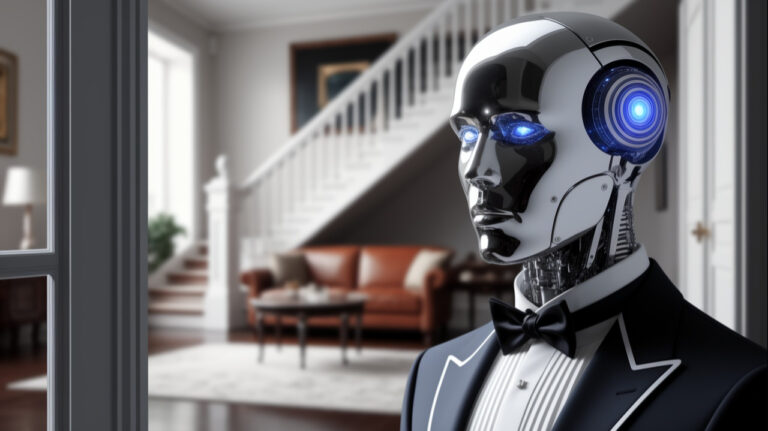The future is knocking at our door, and it’s wearing a surprisingly human-like face. Realistic robot companions are no longer a sci-fi fantasy; they’re rapidly becoming a reality, poised to revolutionize the way we live, work, and interact. But are we truly ready for the social and ethical implications of sharing our lives with these advanced machines?
From Sci-Fi to Reality
For decades, science fiction has tantalized us with the idea of artificial beings capable of companionship and even love. Now, with advancements in artificial intelligence, robotics, and materials science, these concepts are leaping from the screen into our homes.
Meet Your New Best Friend?
Companies like Realbotix are creating incredibly lifelike robots with advanced AI that can hold conversations, express emotions, and even learn and adapt to their owners’ personalities. These robots are designed to provide companionship, support, and even intimacy, blurring the lines between human and machine interaction.
The Benefits of Robot Companionship
Proponents of realistic robot companions highlight a range of potential benefits:
- Combating Loneliness: In an increasingly isolated world, robot companions can offer emotional support and alleviate feelings of loneliness, particularly for the elderly or those living alone.
- Personalized Support: Robots can be programmed to cater to individual needs, providing everything from medication reminders to personalized conversation and entertainment.
- Therapeutic Applications: Robots are being explored for therapeutic uses, helping individuals with social anxiety or autism develop communication and social skills.
The Ethical Dilemmas
However, the rise of realistic robot companions also raises complex ethical questions:
- Attachment and Dependence: Could forming strong emotional bonds with robots lead to unhealthy dependence and isolation from human relationships?
- Devaluation of Human Life: Could the availability of robot companions that perfectly cater to our needs lead to a devaluation of human relationships and the complexities they bring?
- The Blurring of Reality: As robots become increasingly lifelike, how will we navigate the boundaries between human and machine, and what implications will this have for our sense of self and reality?
Are We Ready?
The development of realistic robot companions is advancing at an unprecedented pace. As a society, we need to engage in open and honest discussions about the ethical implications of this technology and establish guidelines for its responsible development and use.






